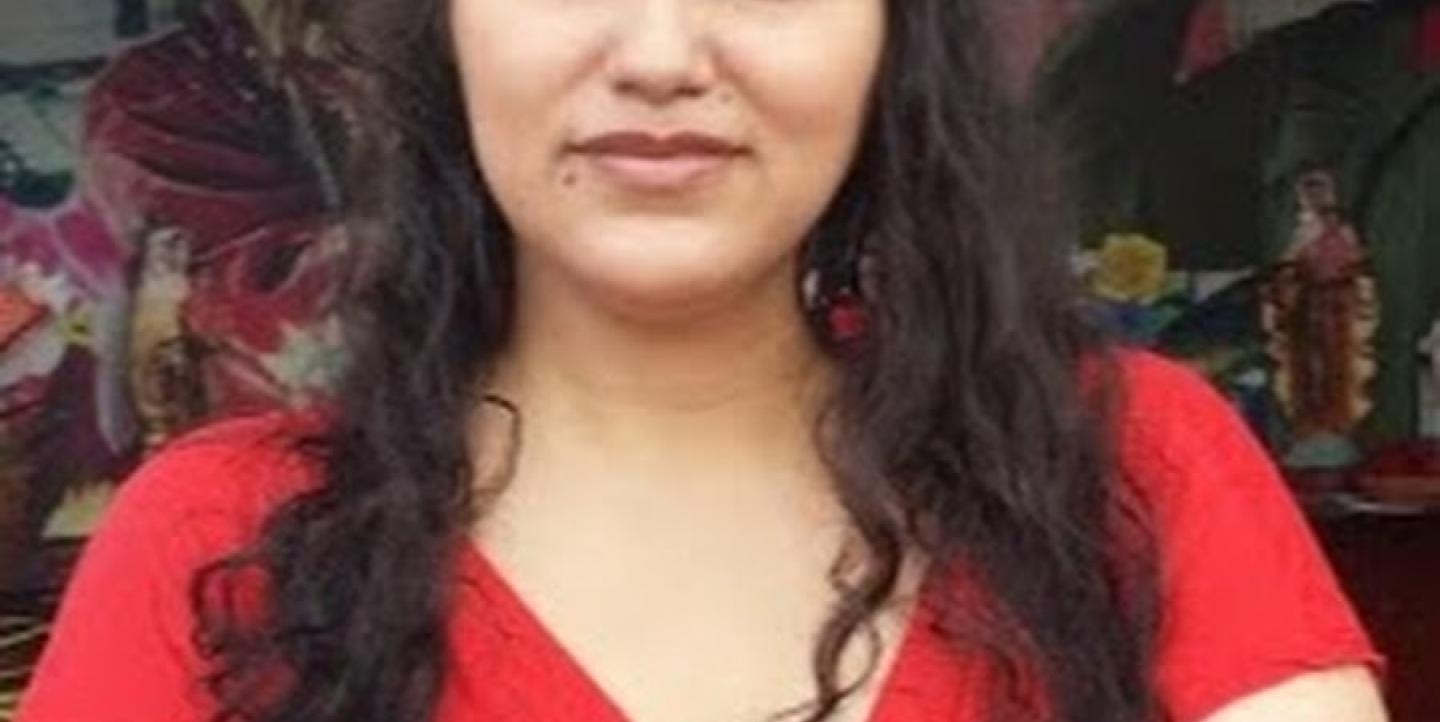For Colombian journalist Fernanda Sánchez Jaramillo, highlighting and exposing society’s problems has been a lifelong effort. But tackling challenging topics like mental health and the traumatizing impacts of violence on Colombians doesn’t come without its challenges.
“Becoming an independent, female, feminist journalist in a country like Colombia wasn’t a simple decision,” she said.
Recently, Jaramillo completed a Rosalynn Carter Center Fellowship and participated in ICFJ’s A Digital Path to Entrepreneurship and Innovation for Latin America fellowship — two opportunities she discovered on IJNet. During the Carter Center fellowship, she reported on the impact of violence, particularly sexual violence toward women and displacement, on Colombians’ mental health. She also received the Colibrí award in Barrancabermeja, Colombia last year for her contribution to peacebuilding through independent journalism.
Fresh off her ICFJ fellowship, Jaramillo now attends law school at Universidad Santo Tomás in Bogotá in between freelancing for Colombian and Canadian news outlets. We spoke with her about her fellowships, journalism in Colombia and her biggest advice for fellow journalists:
IJNet: How did you get your start in journalism?
Jaramillo: I graduated from Sabana University and the first place where I worked was El Espectador. It was an honor to be part of a small group of three students, all from my university, to be selected for the internship. To be selected, we had to pass a three-part evaluation, including an interview. I returned to El Espectador a few years later and remembered those days when I was starting my career.
After that, I worked for El Tiempo, Editora Cinco and several print magazines such as Cambio and Credential. I wrote seven books about women for a nonprofit organization a few years ago, held different positions, including communications coordinator at an NGO, and I continue to freelance. Now, I am mostly an independent journalist. I love it because I produce slow, in-depth journalism.
You found both the Carter Center fellowship and the ICFJ fellowship for Latin American journalists on IJNet’s opportunities section. What kinds of experiences and skills did you gain from these fellowships?
The Carter Center fellowship was an amazing experience since it allowed me to combine two of my academic disciplines—my social service work and journalism—to write a book telling the stories of survivors of violence in Colombia. It allowed me to devote one year of my professional life to a subject that I am passionate about, and reminded me of the critical role we play as journalists fighting stigma by reporting in an accurate and ethical way about mental health issues.
The ICFJ fellowship, on the other hand, gives me the chance to see how journalists work in the United States. I especially love having conversations with female journalists about wages for women, the role that women play in journalism and opportunities for female leadership in U.S. newsrooms.
Fernanda Sanchez Jaramillo talks about mental health reporting and sexual violence in Colombia. #CarterFellows pic.twitter.com/hceDm7powg
— The Carter Center (@CarterCenter) September 12, 2016
Tell us about the most challenging story you’ve worked on. How did you work to overcome those challenges?
It is difficult to decide after 20 years of experience, but I could say that the stories about the mental health impact of sexual violence, torture, landmines and displacement were the most challenging ones. Why? It was really challenging to work across several regions of Colombia alone, just with my phone as my recorder while interviewing these survivors. It was also difficult for men to express their pain and talk about stories they hadn’t discussed with reporters before. I overcame these challenges by using the tools I learned from my training as a social service worker in Canada. This other education allowed me to respond appropriately when there was a crisis and to stay calm after listening to these stories of pain, but also resilience.
What advice would you give to aspiring journalists or journalism students, especially in Colombia?
I would highly recommend pursuing professional education in journalism and to continue studying and reading about history, politics and literature. I strongly believe that journalists should be avid readers. Also, ethical and critical thinking are essential to producing in-depth journalism. It is important to see journalism as a social service for the public interest; I encourage younger journalists to build bridges among sectors of society and contribute to peacebuilding and reconciliation through critical and ethical journalism with restorative narratives.
The next round of ICFJ's A Digital Path to Entrepreneurship and Innovation for Latin America program is open for applications through Dec. 15, 2016. The program brings journalists and media entrepreneurs from Brazil, Guatemala, Colombia, Nicaragua and Honduras to the U.S. to expand their knowledge of digital tools and media business models. Click here to learn more and apply.
This interview has been edited and condensed for clarity.
Main image courtesy of Fernanda Sánchez Jaramillo.

